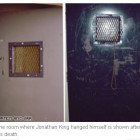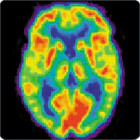
Supreme Court Refuses to Hear Georgia Seclusion Room Suicide Case
|
The Supreme Court refused to hear the case of a Georgia boy who committed suicide while in seclusion at a special education center in Gainesville. The high court rejected an appeal from Donald and Tina King who sued the Pioneer Regional Educational Service Agency. Their 13-year-old son Jonathan was part of the Alpine Program, an educational service for kids with autism and kids with severe emotional and behavioral problems. He was placed in seclusion at the school for hours and killed himself in the seclusion room. The King family accused the school of violating his civil rights by failing to protect him from taking his own life. Georgia courts denied the Kings’ case because couldn’t prove that school staff deliberately neglected their son, according to a LexisNexis case briefing.



